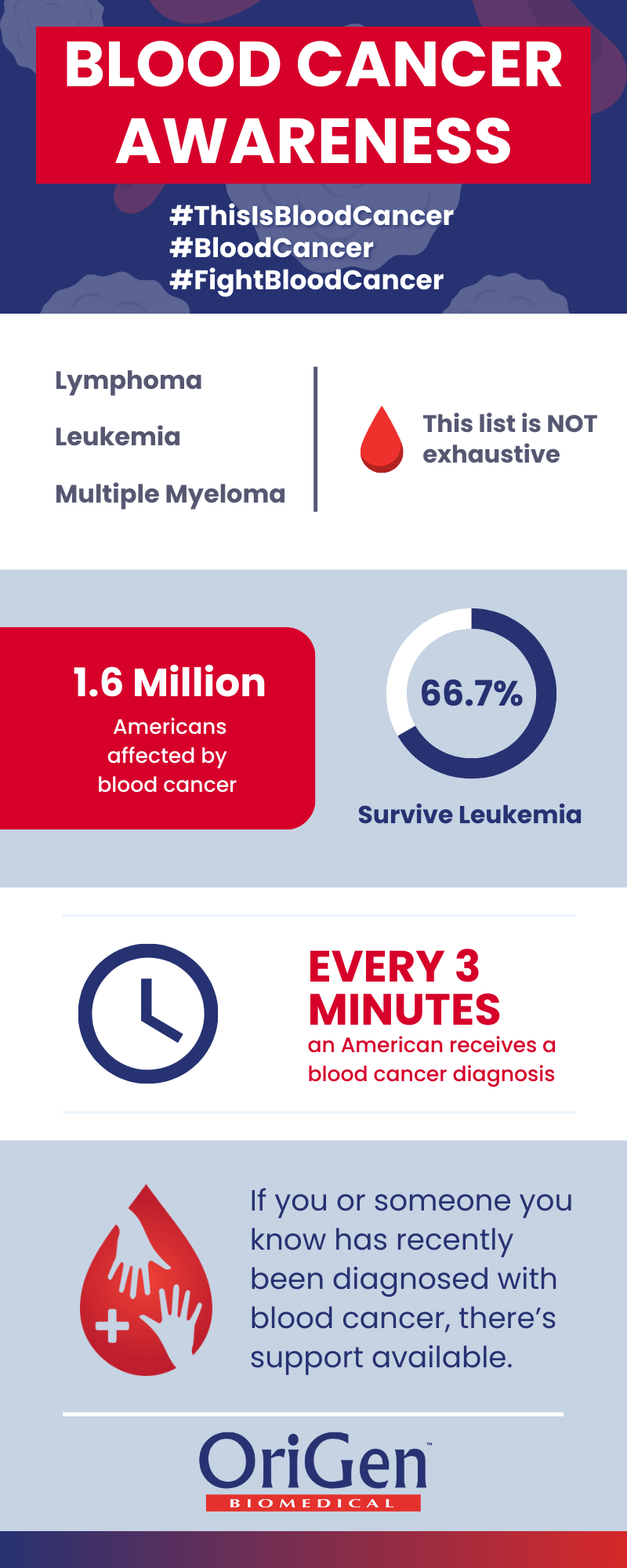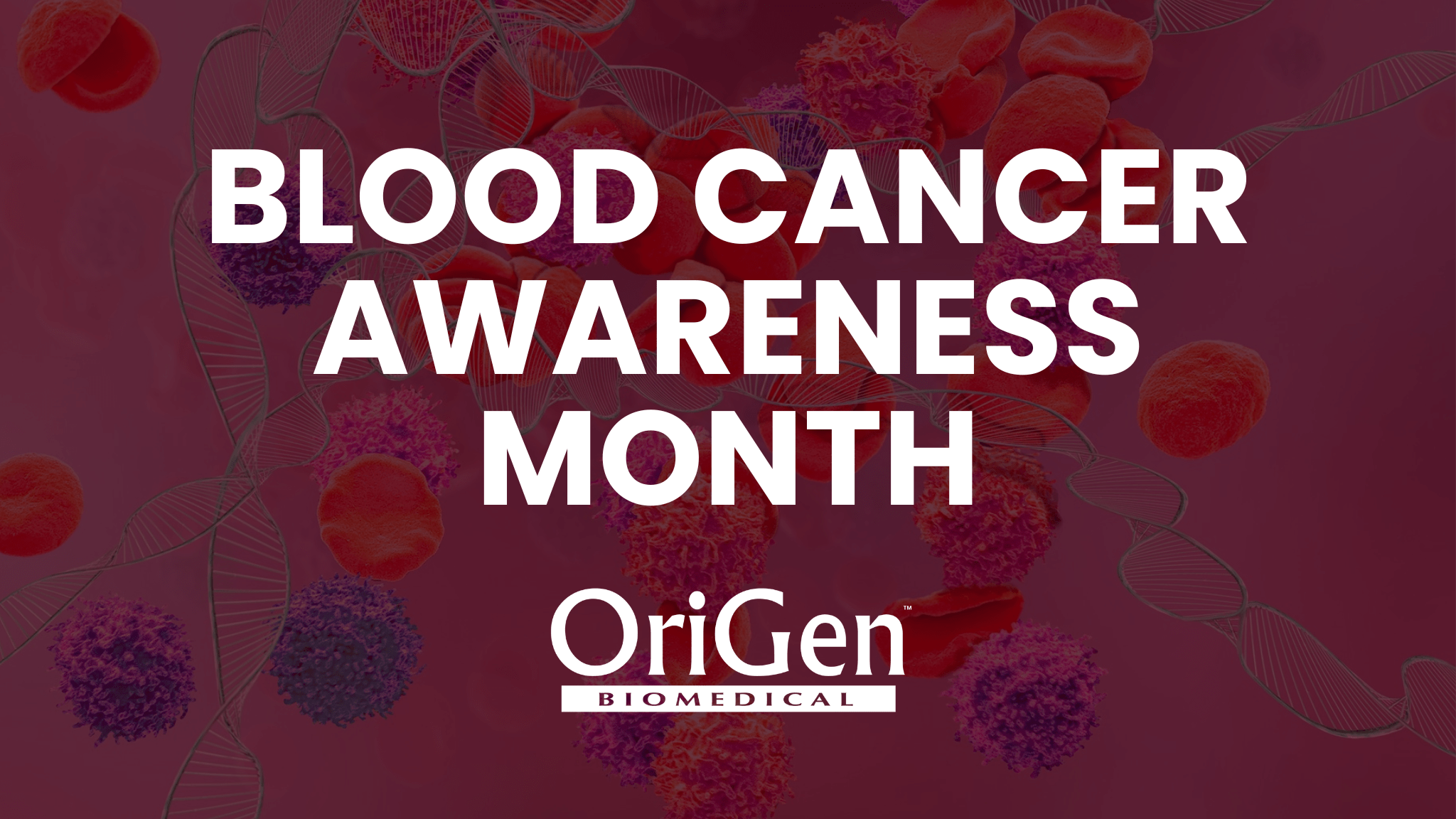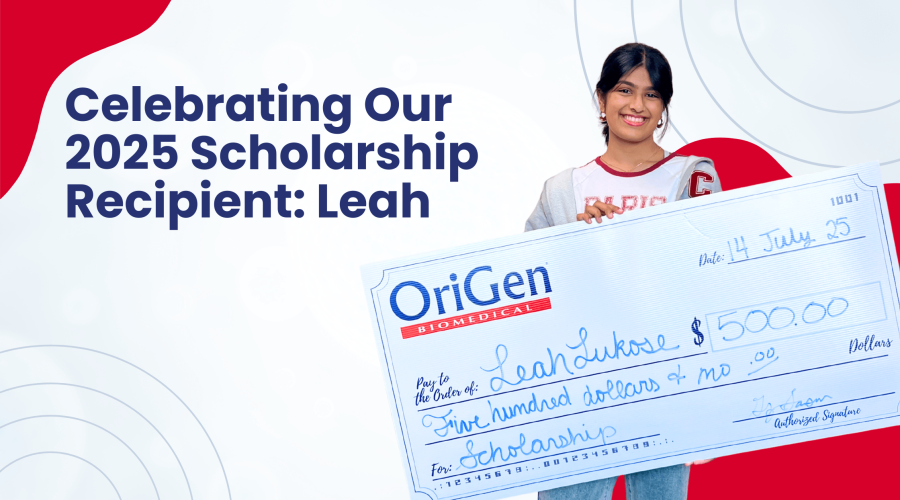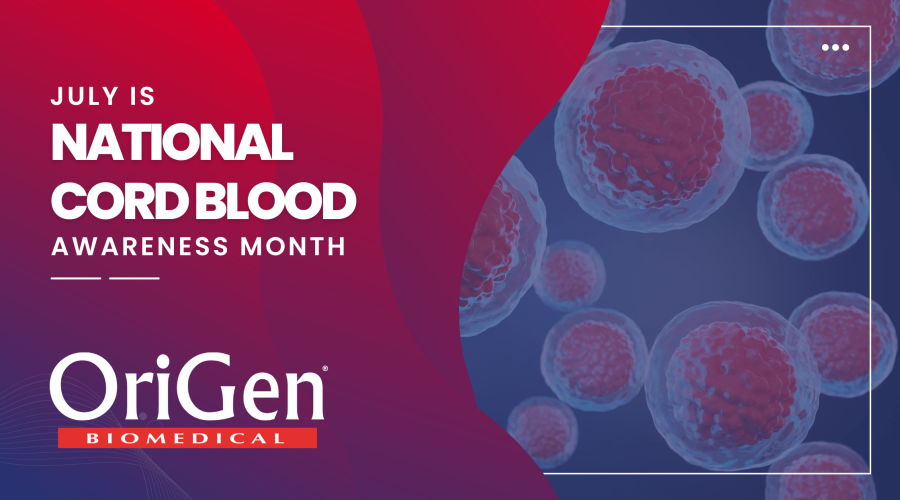September marks Blood Cancer Awareness Month, a dedicated time to honor the warriors battling blood cancers and the unwavering support of the cancer care community. From relentless researchers to compassionate physicians, caring nurses, and devoted caregivers, these individuals work tirelessly to positively impact the lives of blood cancer patients. Last year, an estimated 186,400 Americans received the life-changing diagnosis of blood cancer and an estimated 1.6 million Americans are living with or in remission from blood cancer.[1]
#ThisIsBloodCancer: Anyone, Any Age, Any Time
Since 2010, Blood Cancer Awareness Month has been a beacon of hope, consistently raising awareness about these often-underestimated diseases. Now, let’s delve deeper into comprehending blood cancer, its diverse types, and the remarkable progress being achieved in its treatment.
Understanding Blood Cancer
As the name suggests, blood cancer affects the blood cells and occurs when something goes awry with the DNA in these cells. This leads to the proliferation of abnormal blood cells that don’t function correctly, compromising the body’s ability to fight infections and aid in healing.
- Lymphoma: a broad term for cancer that begins in cells of the lymph system. The two main types are Hodgkin lymphoma and non-Hodgkin lymphoma (NHL). Hodgkin lymphoma can often be cured. The prognosis of NHL depends on the specific type.[2]
- Leukemia: a broad term for cancers of the blood cells. The type of leukemia depends on the type of blood cell that becomes cancer and whether it grows quickly or slowly. Leukemia occurs most often in adults older than 55, but it is also the most common cancer in children younger than 15.[3]
- Multiple Myeloma: a blood cancer that begins in the blood’s plasma cells, a type of white blood cell made in the bone marrow. Also, learn about the stages of multiple myeloma.[4]
The Statistics
Every 3 minutes, someone in the U.S. receives a blood cancer diagnosis. This includes leukemia, lymphoma, myeloma, myelodysplastic syndromes (MDS), or myeloproliferative neoplasms (MPNs).[5]
Survival rates have improved significantly in the last few decades. For instance, the five-year relative survival rate for leukemia now stands at 66.7 percent, with non-Hodgkin lymphoma at 74.3 percent, Hodgkin lymphoma at 88.9 percent, and myeloma at 59.8 percent.[4]
A Ray of Hope: CAR T-Cell Therapy
CAR T-cell therapy is a promising treatment for patients with many types of blood cancer, including leukemia. It is a highly specialized therapy that involves genetically modifying a patient’s own T cells to attack their cancer.[6]
CAR T-cell Therapy, short for Chimeric Antigen Receptor T-cell therapy, is a type of treatment that uses a patient’s genetically engineered immune cells to seek out and attack the cancer cells based on a molecule on the cancer cells’ surface.[7] T cells are taken directly from the patient’s blood. Then, the gene for a special receptor that binds to a particular protein on the patient’s cancer cells is added to the T cells. The special receptor is called a chimeric antigen receptor (CAR). Large numbers of CAR T-cells are grown in the laboratory and then given to the patient via infusion.[8] This is when the CAR T cells start working. They circulate around the body, finding cancer cells. When they bump into a cancer cell with that protein, the new T cells activate, multiply, and kill the cancer.[9]
Approvals around CAR T-cell therapy are rapidly changing. The types of cancer that are currently treated using CAR T-cell therapy are diffuse large B-cell lymphoma (DLBCL), follicular lymphoma, mantle cell lymphoma, multiple myeloma, and B-cell acute lymphoblastic leukemia (ALL). As of February 2022, six CAR T-cell drugs have been approved by the U.S. Food and Drug Administration (FDA). Given the serious side effects possible with this type of treatment, all of these approvals are for people whose cancer has returned after receiving at least one previous type of therapy, depending on the indication.[9]
An example of success with CAR T therapy is Milton, who was diagnosed with acute lymphoblastic leukemia at only eight years old. After his cancer recurred twice, he enrolled in a CAR T cell therapy clinical trial in 2013. His treatment was successful, and he has been in remission ever since.[10] Click here to read his full story.
OriGen Biomedical is proud to offer a variety of products for cell culture and cryopreservation that can be used in the treatment of blood cancers. PermaLife® Cell Culture Bags are indicated for use in protecting, storing, and freezing cells and tissues. In addition, OriGen supplies CryoPur® DMSO cryopreservation solutions and accessories for fluid transfer to simplify the cryopreservation process.
Support and Contributions
If you or someone you know has recently been diagnosed with blood cancer, support is available. Sign up for a weekly support email that offers clear information, practical tips, and advice from others who’ve walked this path.
During Blood Cancer Awareness Month, various events worldwide raise funds for further research. You can make a difference by checking with your local cancer treatment centers or donating online to organizations like The Leukemia & Lymphoma Society (LLS), Cancer Research Institute, or the American Association for Cancer Research.
This month, let’s stand together to raise awareness, support those affected by blood cancer, and work towards a future where no one has to face this disease alone.

Resources
- The Leukemia & Lymphoma Society: Facts & Statistics
- National Cancer Institute: Lymphoma—Patient Version
- National Cancer Institute: Leukemia—Patient Version
- City of Hope: Blood Cancer
- The Leukemia & Lymphoma Society: September is Blood Cancer Awareness Month
- Dana-Farber Cancer Institute: CAR T-Cell Therapy for Leukemia
- Stanford Medicine: Study Predicts who may Benefit from CAR T-Cell Therapy for Blood Cancers
- National Cancer Institute: CAR T-Cell Therapy Definition
- American Society of Clinical Oncology: How Does CAR T-Cell Therapy Work in Treating Cancer?
- Cancer Research Institute: Milton W




